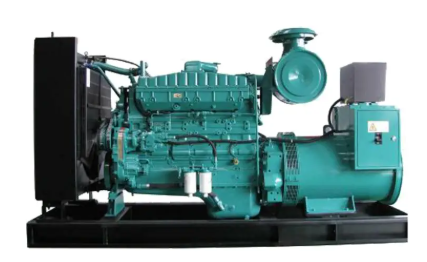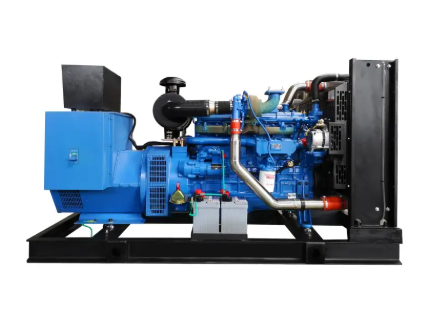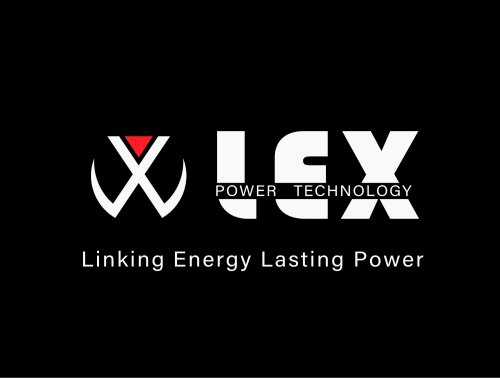Essential Considerations for Professional Generator Installation
Installing an industrial generator set is a complex endeavor that requires careful planning, technical expertise, and strict adherence to safety protocols. When businesses invest in power generation equipment, the installation process becomes a critical factor in determining the system's long-term reliability and performance. Professional industrial generator installation services ensure that your power solution operates efficiently while meeting all regulatory requirements and industry standards.
The success of your power generation system heavily depends on the quality of installation services you choose. From site preparation to final testing, each step must be executed with precision to guarantee optimal functionality and prevent potential issues down the line. Making an informed decision about installation services can save significant costs and prevent operational disruptions in the future.
Key Components of Professional Installation Services
Site Assessment and Planning
Before any industrial generator installation begins, thorough site evaluation is essential. Professional installers conduct comprehensive assessments to determine the ideal location, considering factors such as ventilation requirements, fuel supply access, and noise regulations. They evaluate the structural integrity of the installation area and ensure compliance with local building codes.
The planning phase includes detailed documentation of electrical requirements, fuel system specifications, and environmental considerations. Installers develop precise layouts that account for maintenance access, emergency protocols, and future expansion possibilities. This meticulous approach helps prevent costly modifications after installation.
Infrastructure Preparation
Proper infrastructure preparation forms the foundation of successful industrial generator installation. This includes constructing appropriate concrete pads, establishing fuel storage systems, and installing necessary electrical conduits. Professional services ensure that all supporting infrastructure meets load-bearing requirements and environmental protection standards.
The installation team coordinates with various contractors to prepare the site, including civil engineers, electricians, and mechanical specialists. They oversee the installation of automatic transfer switches, control panels, and monitoring systems that integrate seamlessly with existing facility infrastructure.
Technical Expertise and Certification Requirements
Specialized Knowledge and Training
Industrial generator installation demands extensive technical knowledge across multiple disciplines. Qualified installation teams possess certifications in electrical systems, mechanical engineering, and safety protocols. They understand complex power distribution systems and can adapt installation procedures to specific site requirements.
Continuous training ensures that installation technicians stay current with evolving technology and industry best practices. This expertise is crucial for handling sophisticated control systems, emission controls, and advanced monitoring equipment that modern industrial generators incorporate.
Regulatory Compliance and Documentation
Professional installers maintain comprehensive knowledge of local, state, and federal regulations governing industrial generator installation. They secure necessary permits, conduct required inspections, and provide detailed documentation of compliance measures. This attention to regulatory requirements protects businesses from potential legal issues and ensures insurance coverage validity.
The documentation process includes detailed records of installation procedures, testing results, and maintenance recommendations. These records prove invaluable for future service requirements and warranty claims, while also supporting facility certification needs.

Quality Control and Testing Procedures
Installation Verification
Professional installation services implement rigorous quality control measures throughout the installation process. They verify proper alignment, secure mounting, and correct connection of all components. Specialized teams conduct thorough inspections of fuel systems, cooling systems, and exhaust systems to ensure proper operation.
Each connection and component undergoes detailed verification against manufacturer specifications. This systematic approach helps identify and address potential issues before they can impact system performance or safety.
Performance Testing and Commissioning
Comprehensive testing procedures validate the installation's success and ensure optimal generator performance. This includes load bank testing, system integration verification, and emergency response simulation. Professional installers conduct extended run tests to confirm reliable operation under various conditions.
The commissioning process involves thorough documentation of system performance metrics, establishing baseline data for future maintenance comparisons. Installers provide detailed training to facility personnel on system operation and emergency procedures.
Post-Installation Support and Maintenance Planning
Warranty and Service Agreements
Quality installation services include clear warranty terms and ongoing support options. Professional installers offer comprehensive service agreements that cover regular maintenance, emergency response, and technical support. These agreements help protect your investment and ensure continuous reliable operation.
Installation teams work with facility managers to develop customized maintenance schedules that align with operational requirements and manufacturer recommendations. They provide detailed documentation of maintenance procedures and establish clear communication protocols for service requests.
Training and Documentation
Professional installers provide comprehensive training to facility personnel on system operation, maintenance requirements, and emergency procedures. This includes hands-on instruction, detailed manuals, and ongoing technical support resources. Proper training ensures that in-house teams can effectively monitor system performance and respond appropriately to alerts.
The documentation package includes complete system drawings, operation manuals, and maintenance records. This information proves invaluable for future service needs and facility certification requirements.
Frequently Asked Questions
What factors determine the cost of industrial generator installation?
Installation costs depend on various factors including generator size, site preparation requirements, electrical system complexity, and local permit requirements. Additional considerations include fuel system installation, sound attenuation needs, and remote monitoring capabilities.
How long does a typical industrial generator installation take?
The installation timeline varies based on project scope but typically ranges from several days to several weeks. Factors affecting duration include site preparation needs, equipment delivery times, weather conditions, and regulatory approval processes.
What maintenance is required after installation?
Post-installation maintenance includes regular inspections, fluid checks, filter replacements, and load bank testing. Professional maintenance programs typically schedule quarterly or semi-annual service visits, with more frequent monitoring for critical applications.
How can businesses ensure their generator installation meets all regulatory requirements?
Working with certified installation professionals who maintain current knowledge of local, state, and federal regulations is essential. They handle all necessary permits, inspections, and documentation while ensuring compliance with environmental and safety standards.


